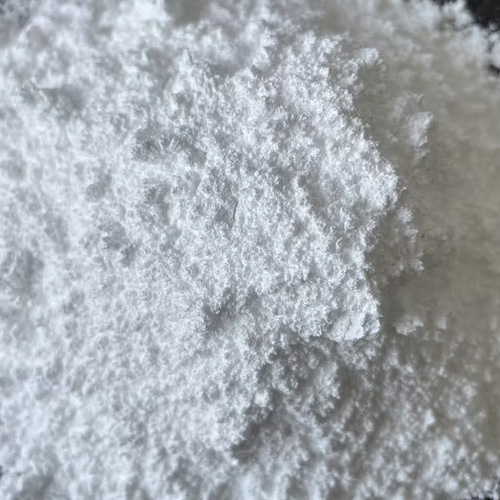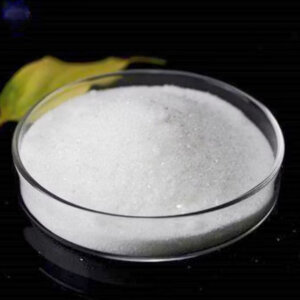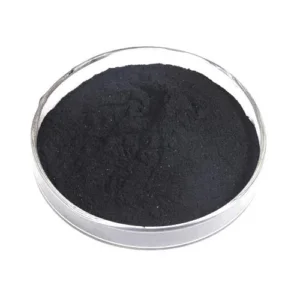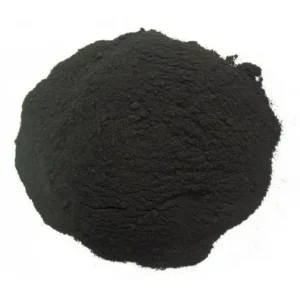Description
Chemical Formula: MgSO₄
Molar Mass: 120.37 g/mol
Appearance: White crystalline powder
Solubility: Highly soluble in water and also soluble in alcohol.
Hygroscopic: It can absorb moisture quickly, which is why it is widely used in laboratories for drying substances.
Description:
Potatoes are one of the most widely consumed and versatile vegetables in the world. They are easy to grow and provide a great source of nutrients for the human body. However, to produce a bountiful harvest, the potatoes must be grown in the right conditions. In this blog, we’ll discuss how fertilizer, anhydrous magnesium sulfate, and other factors can impact potatoes tuber growth.
Fertilizer is a key component in potato production. It contains essential nutrients such as nitrogen, phosphorus, and potassium that are important for the growth and development of potato plants. Without proper fertilization, the potatoes won’t receive the necessary nutrients to produce healthy tubers. Farmers should use a balanced fertilizer, such as a 10-10-10 blend, to promote healthy potato growth.
Anhydrous magnesium sulfate, also known as Epsom salt, is another important factor in potato growth. It contains magnesium and sulfur, which are essential for plant growth and development. Magnesium plays a key role in chlorophyll production, which is critical for converting sunlight into energy. Sulfur helps with amino acid production, which is essential for the formation of proteins in the potato tubers. Farmers can add Epsom salt to their fertilizer mix to provide their potato plants with these essential nutrients.
In addition to fertilizer and anhydrous magnesium sulfate, there are other factors that can impact potato tuber growth. Soil pH, for example, can affect nutrient availability. Potatoes prefer a slightly acidic soil pH, around 5.0-6.0, which allows for optimal nutrient uptake. Soil compaction can also impact potato growth, as it restricts root growth and can lead to stunted plants. Farmers should ensure their soil is well-drained and not too compact to promote optimal potato growth.
In conclusion, fertilizer and anhydrous magnesium sulfate are essential components in potato production. With the right balance of nutrients, potatoes can grow healthy tubers that are packed with essential nutrients. Farmers should also consider other factors, such as soil pH and compaction, to ensure optimal potato growth. By paying attention to these details, farmers can produce a bountiful and healthy harvest of potatoes.
Specification
| Test Item | Specification(%) |
| Puriry | ≥98.0% |
| MgO | ≥32.8% |
| Iron | ≤0.0015% |
| Heavy metal | ≤0.001% |
| waterIns insoluble substance | ≤0.05% |
| Look | White powder |
Storage: Store in dry and ventilated warehouse away from moisture. Don’t store goods outside or expose to the air.
Packing: In 25/50/500/1000kg PP/PE bag or on customer request.





Reviews
There are no reviews yet.